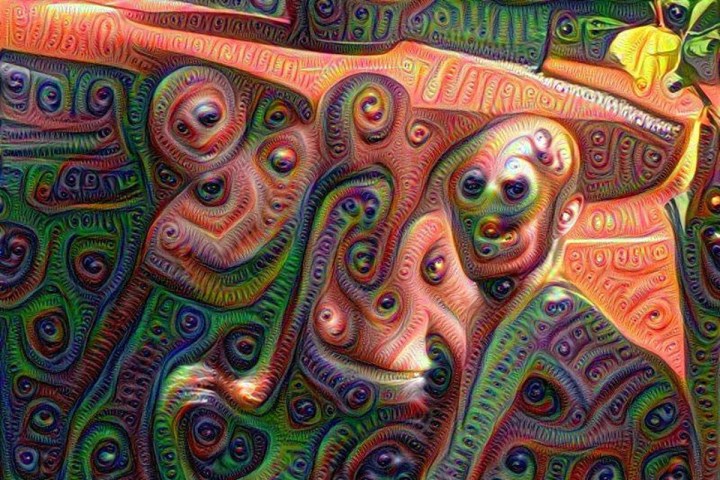
Google is intent on developing AI that does human things at least as well as human beings. Earlier this year, the company’s AlphaGo AI defeated a master Go champion in the sophisticated game of intuition. Last year, the company’s DeepDream program created remarkable art by attempting to detect faces and other patterns in images. Both programs used artificial neural networks to filter incredible amounts of information and uncover patterns in the data.
Inspired by the competitive success of AlphaGo and the cultural appeal of DeepDream, Google plans to expand its AI further into the humanities with the creation of the Magenta project, reports Popular Science. Set to launch June 1, the Magenta project is “an effort to generate music, video, images and text using machine intelligence,” writes researcher Douglas Eck on Google’s website.
Google won’t keep its machine’s artistic advances under lock and key. Along with its open-sourced AI engine, TensorFlow, the Magenta project will “produce open-source tools and models that help creative people be even more creative,” Eck writes.
Open sourcing software might seem to go against business sense, but it actually has a number of benefits for tech companies. For one, it enables them to reap the rewards of essentially free labor from independent developers, whose work helps train the machine learning systems. And when independent developers use a particular open-source engine, that engine has a better chance of becoming an industry standard. In the vision of OpenAI’s Elon Musk and Peter Thiel, when AI development is democratized, everyone wins.
To begin, the Magenta project will aim to develop algorithms that can compose (listenable) music before attempting to create valuable visual art. At the Moogfest music and technology festival, Eck shared an idea about an app that would feature the art developed by the Magenta project users, reports Popular Science. The app would function both as a gallery to display the system’s works and a place for people to review the art to determine whether the pieces are aesthetically valuable – and whether AI can compete with Dalí.
Editors' Recommendations
- Scientists are using A.I. to create artificial human genetic code
- Revisiting the rise of A.I.: How far has artificial intelligence come since 2010?
- The house appraiser of the future is probably an A.I. algorithm
- Animal-A.I. Olympics will test bots against the latest animal intelligence tests
- Apple’s new Seattle campus may mean big things for Siri, artificial intelligence


